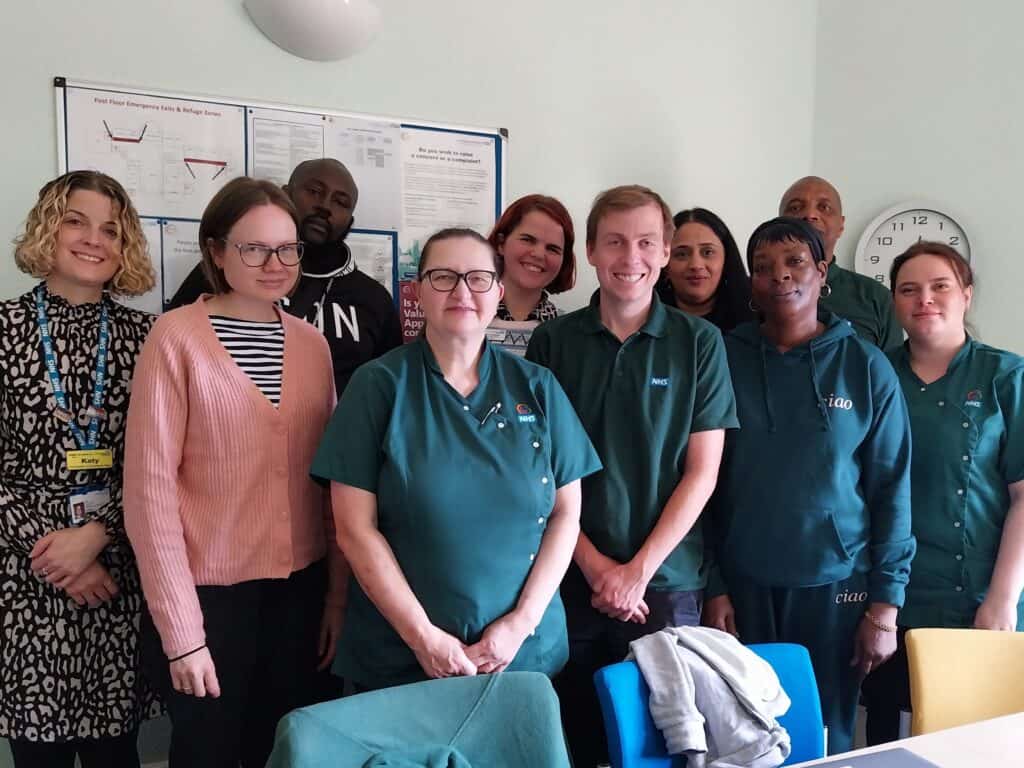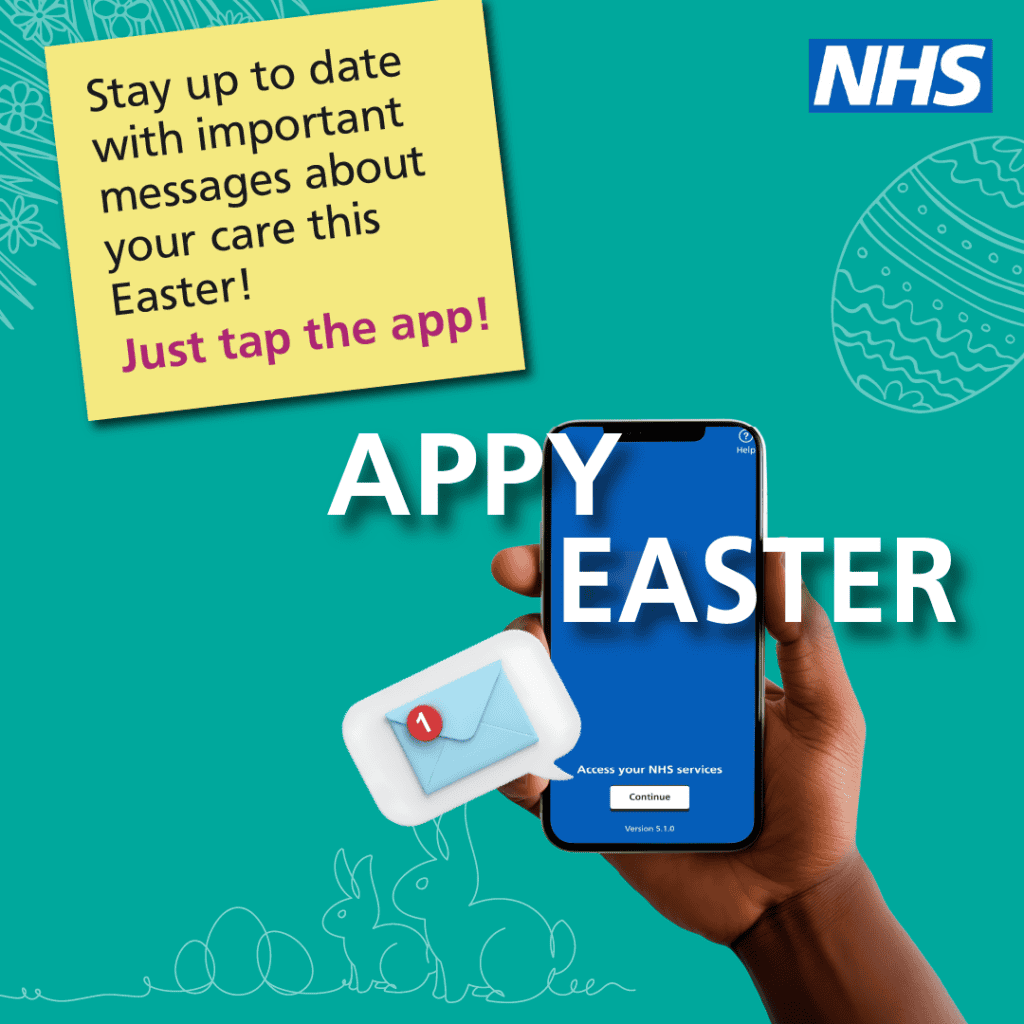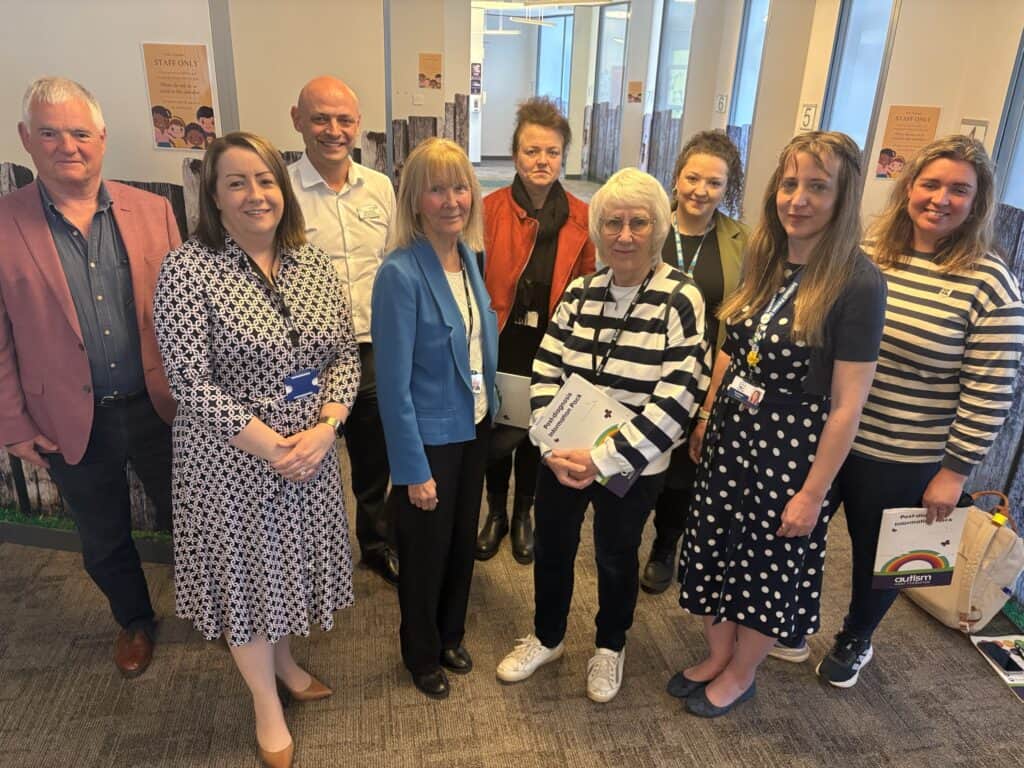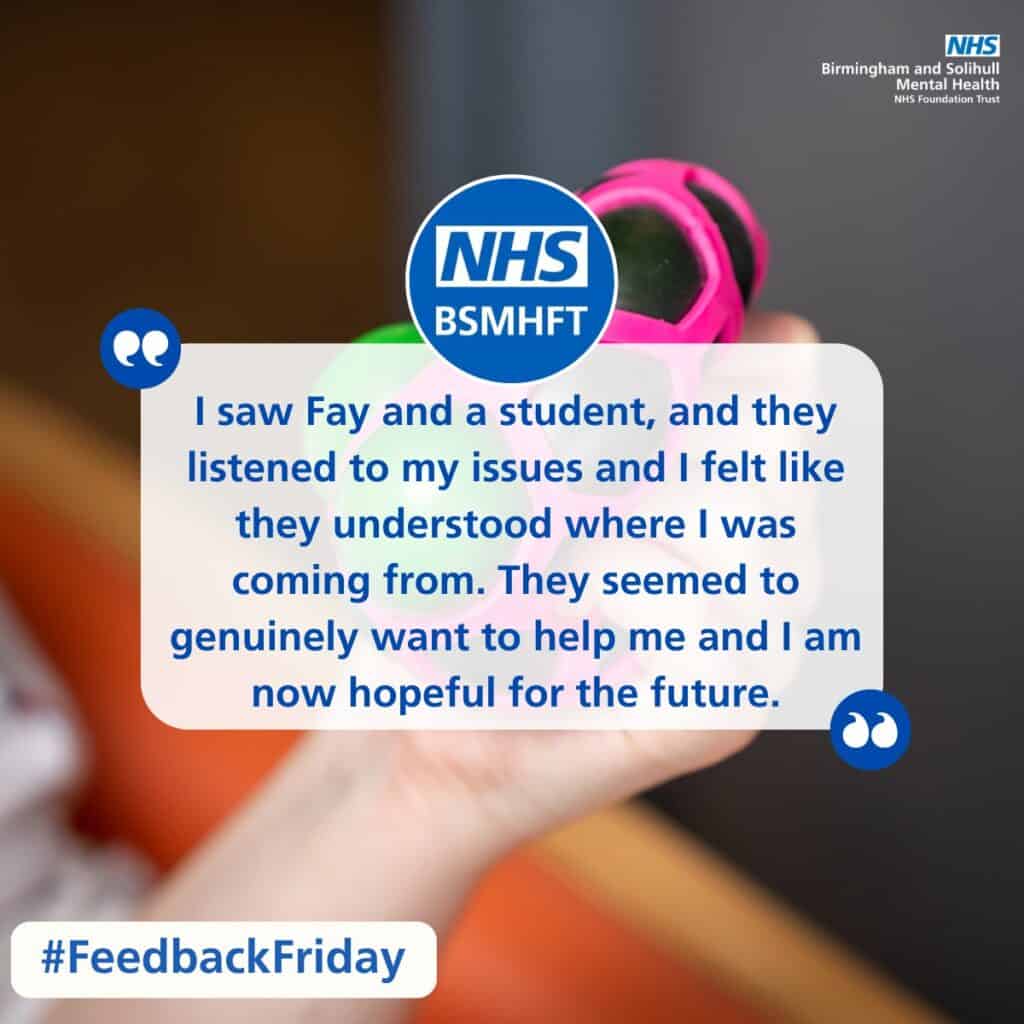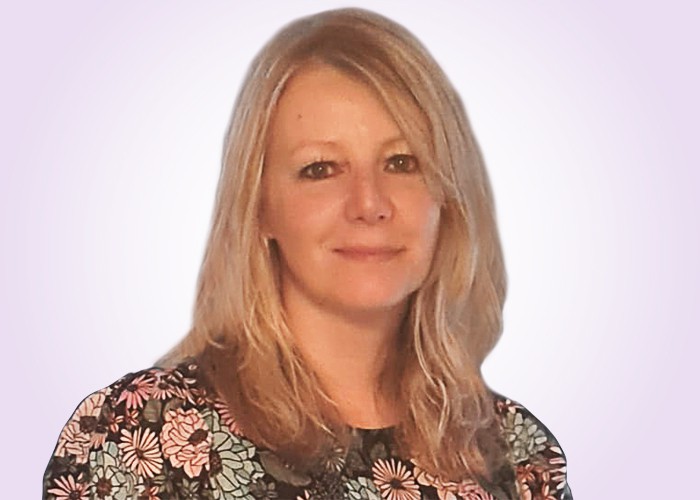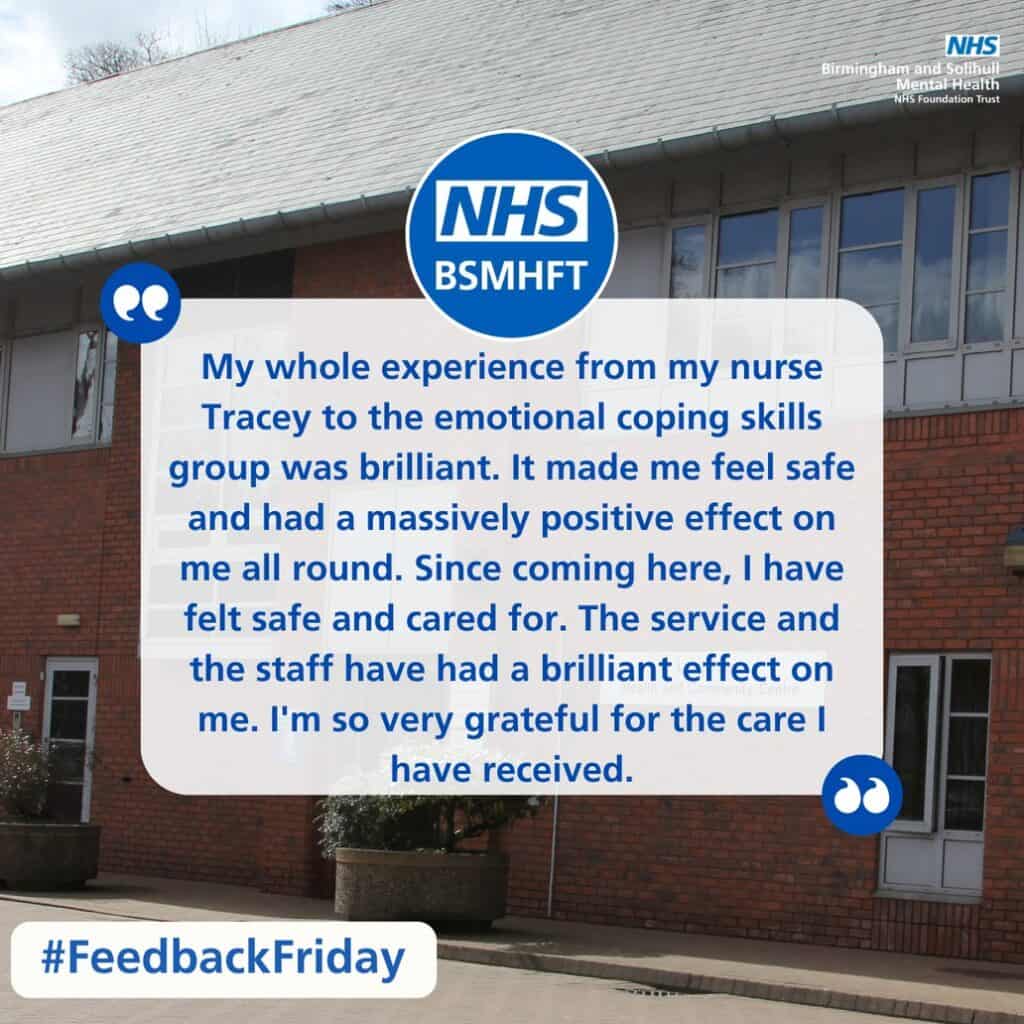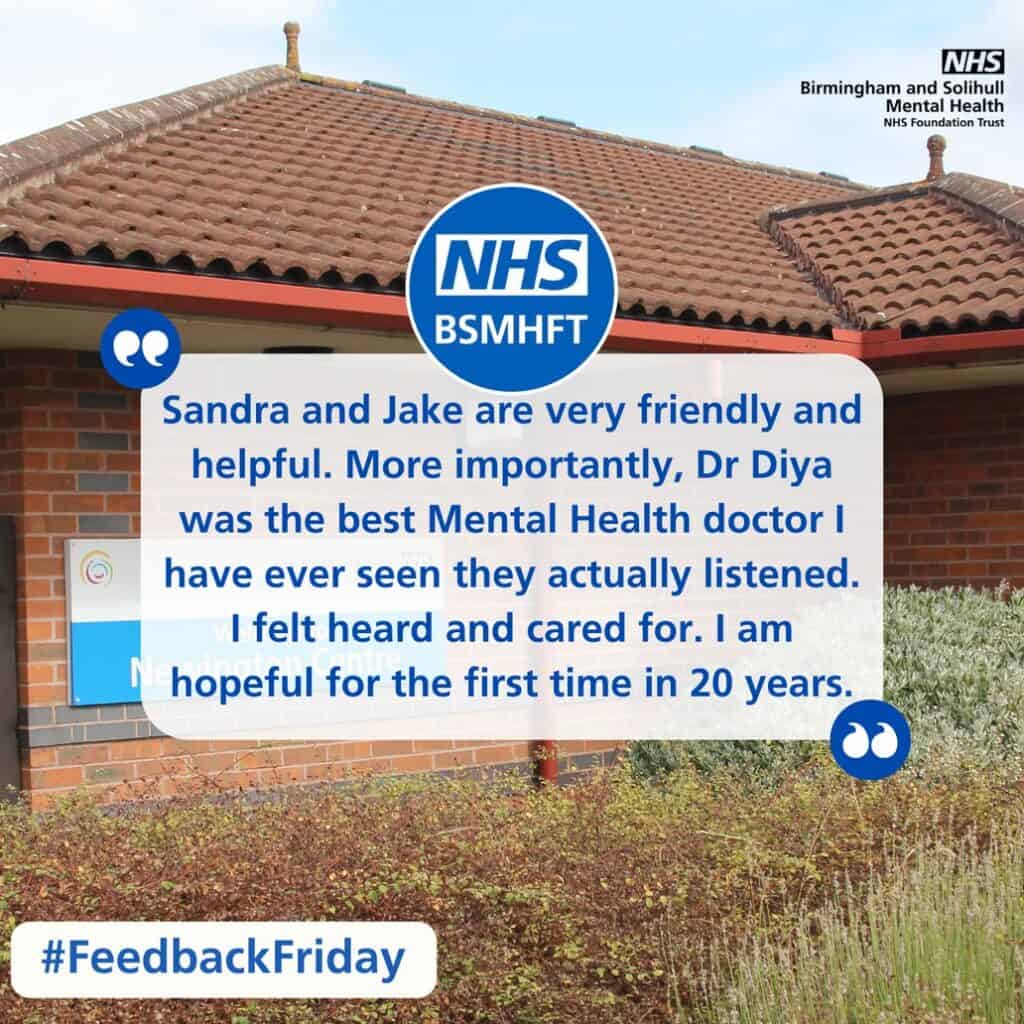A new discharge pack has been developed to help mental health inpatients reintegrate into the community following being discharged from acute care.
The discharge pack will be a great help for around 100 patients each month that are discharged from our acute care services. The pack contains several sections, some of which include general information on important telephone numbers and crisis lines, but others are to aid recovery once leaving hospital.
Each person in our care is unique, as is their discharge pack. Occupational therapists will work closely with patients leading up to discharge to identify goals, for example, ways to boost mental health and happiness or ways to help them cope more easily with life’s challenges. Patients are also encouraged to take part in activities run by local community organisations, to aid in their recovery.
The idea came about after patients expressed that they needed more support and easier access to community organisations after discharge, to support them with their recovery. Our Participation and Experience team and occupational therapists have worked hard to put the pack together. Several co-production meetings took place with the addition of our Experts by Experience who have first-hand experience of inpatient care.
Katy Willmont, Participation Lead for Acute and Urgent Care said:
It is so important that we work in this collaborative way as it ensures that views from both patients and staff are considered. Co-production in everything that we do is best practice.”
Emma, an Expert by Experience involved in the production of the pack said:
“The discharge pack would have been a valuable resource to me when leaving hospital. It collates all the important information into one handy document that is accessible for all. For me having all the important phone numbers (including crisis numbers), information about the recovery college and five ways to wellbeing would have been especially useful and it would have made my discharge process as easy as possible.”
Our acute care services discharge approximately 1,200 men and women per year. The team is hopeful that the packs will provide that extra level of comfort for our patients, aiding their mental health journey, and ensuring they are confident on where to get they help if they need it.
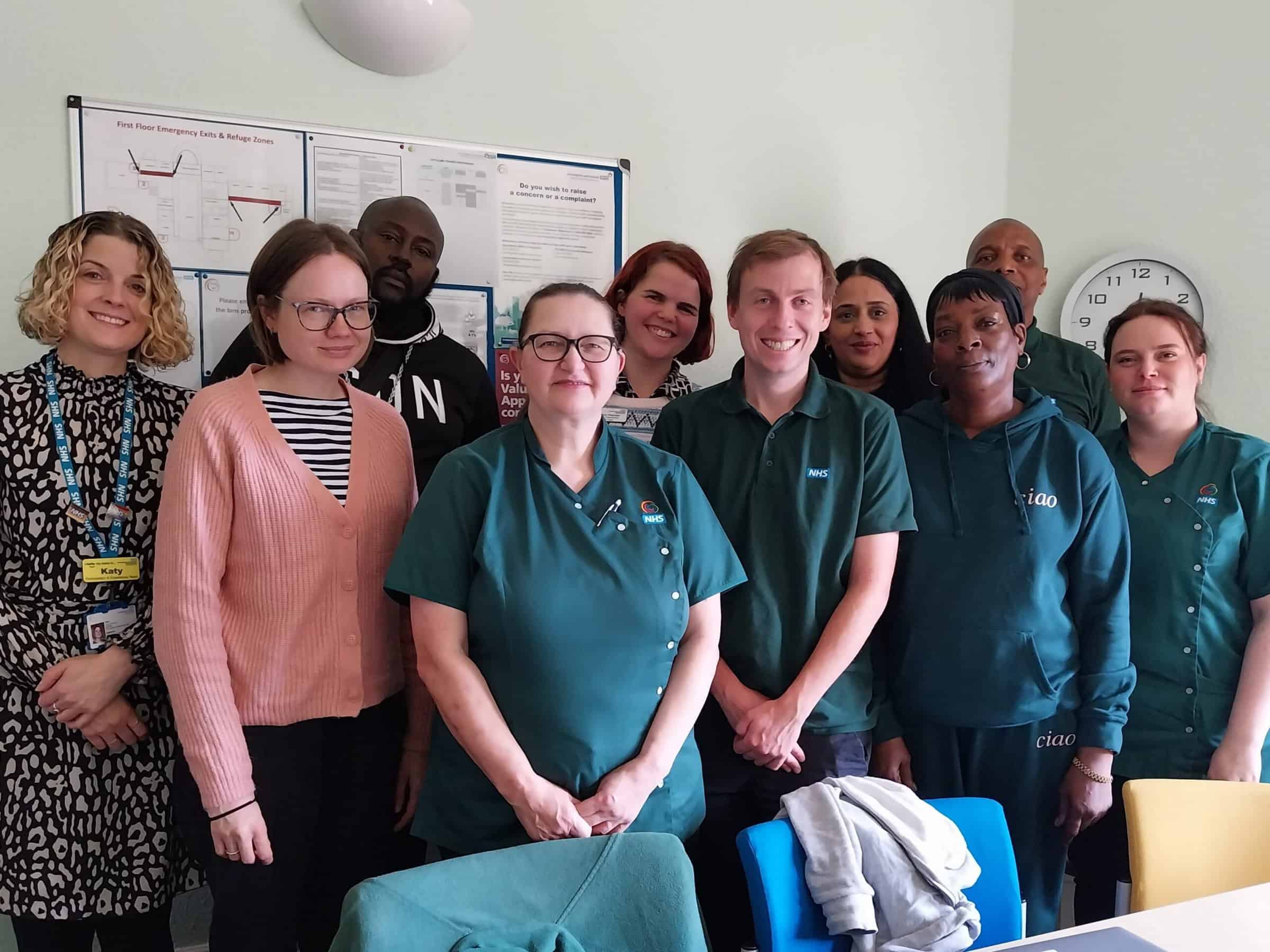
Published: 18 March 2024


